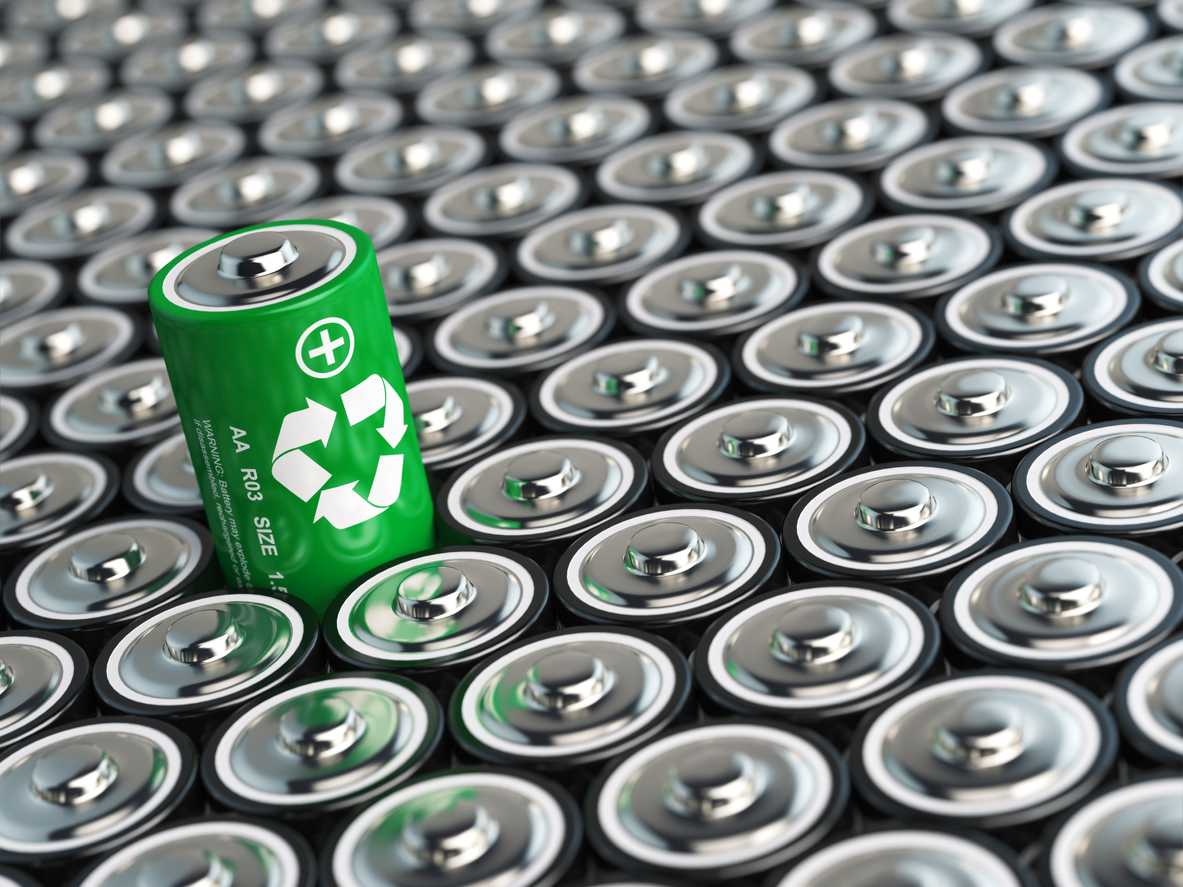
China’s Ministry of Commerce has unveiled a proposal to tighten export restrictions on key technologies for processing critical minerals like lithium and gallium, essential in battery production. The announcement, detailed in a document released Thursday, highlights Beijing’s focus on maintaining its global dominance in the critical minerals supply chain.
If adopted, the measures would represent a continuation of China’s efforts to limit the export of technologies tied to its strategic resources. The timing of the proposal is notable, coinciding with the anticipated inauguration of Donald Trump for a second presidential term, during which tariffs and trade restrictions targeting China are expected to feature prominently in U.S. policy.
Industry experts have weighed in on the potential impact. Adam Webb, head of battery raw materials at Benchmark Mineral Intelligence, emphasized the strategic implications, noting that China currently processes 70% of the global lithium supply. “These proposed measures aim to preserve China’s market share and secure domestic supply chains for EV battery production,” Webb explained. However, he warned that Western lithium producers relying on Chinese technology could face significant hurdles if stringent restrictions are enacted.
The proposed changes extend beyond lithium, potentially affecting technologies used in gallium extraction and production. Restrictions on these could also hinder the global ambitions of Chinese battery giants like CATL, Gotion, and EVE Energy. These companies have been at the forefront of China’s push to dominate the electric vehicle battery sector, and export limits may complicate their overseas expansion plans.
While the new rules remain open for public feedback until February 1, the timeline for their potential implementation has not been disclosed. Observers are closely watching how these developments might reshape the international critical minerals landscape and influence trade dynamics in the EV battery supply chain.
Author’s Opinion
China’s proposed export restrictions on critical mineral technologies reflect a calculated move to solidify its dominance in the global supply chain while safeguarding its domestic EV battery industry. While such measures bolster China’s strategic position, they risk intensifying trade tensions and complicating global efforts to diversify supply chains. The ripple effects could push Western producers to innovate or seek alternative sources, potentially reshaping the industry landscape.
Featured image courtesy of Market Index
Follow us for more tech news updates.
